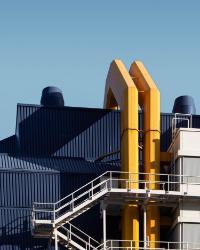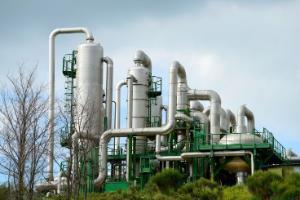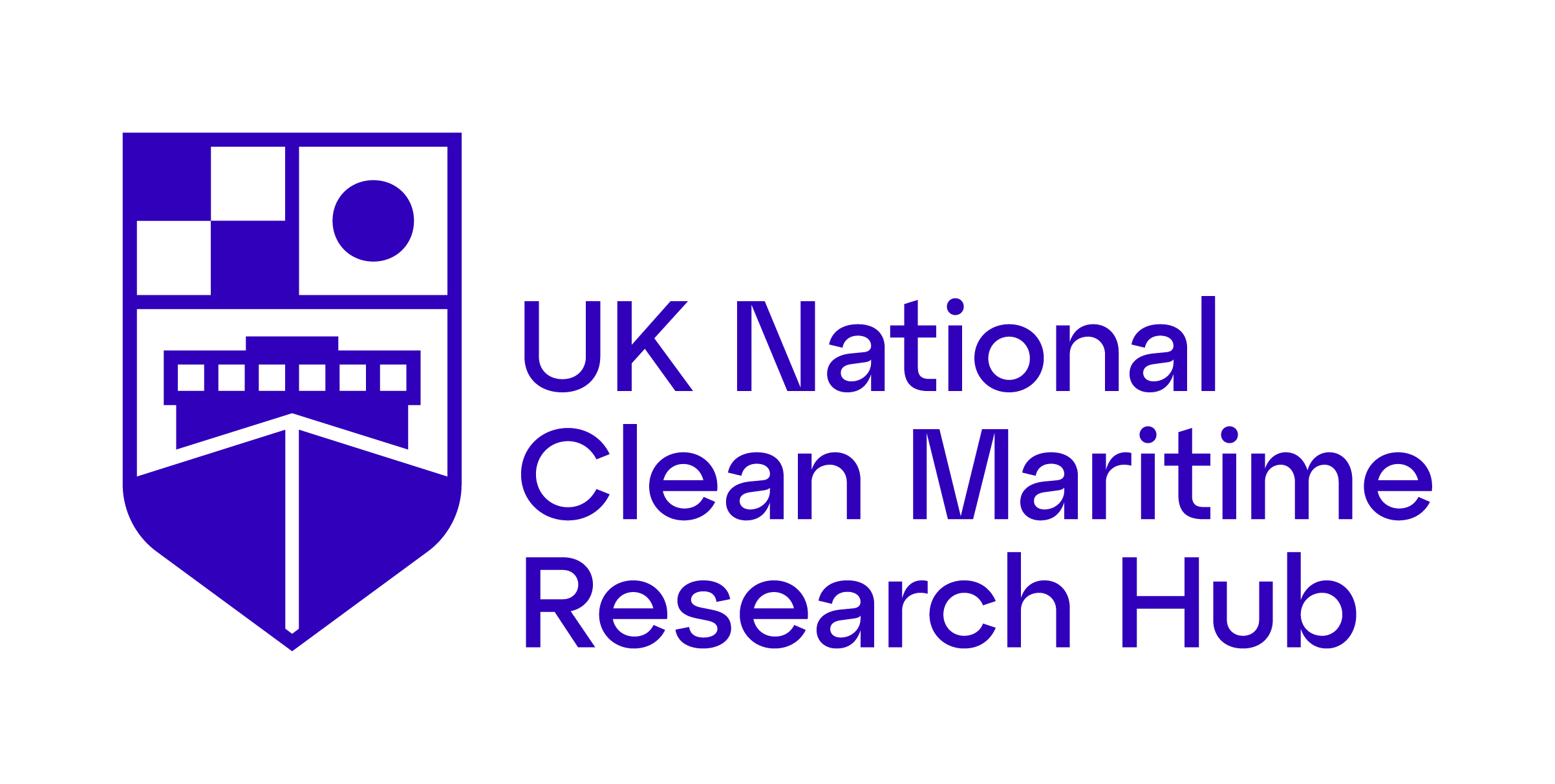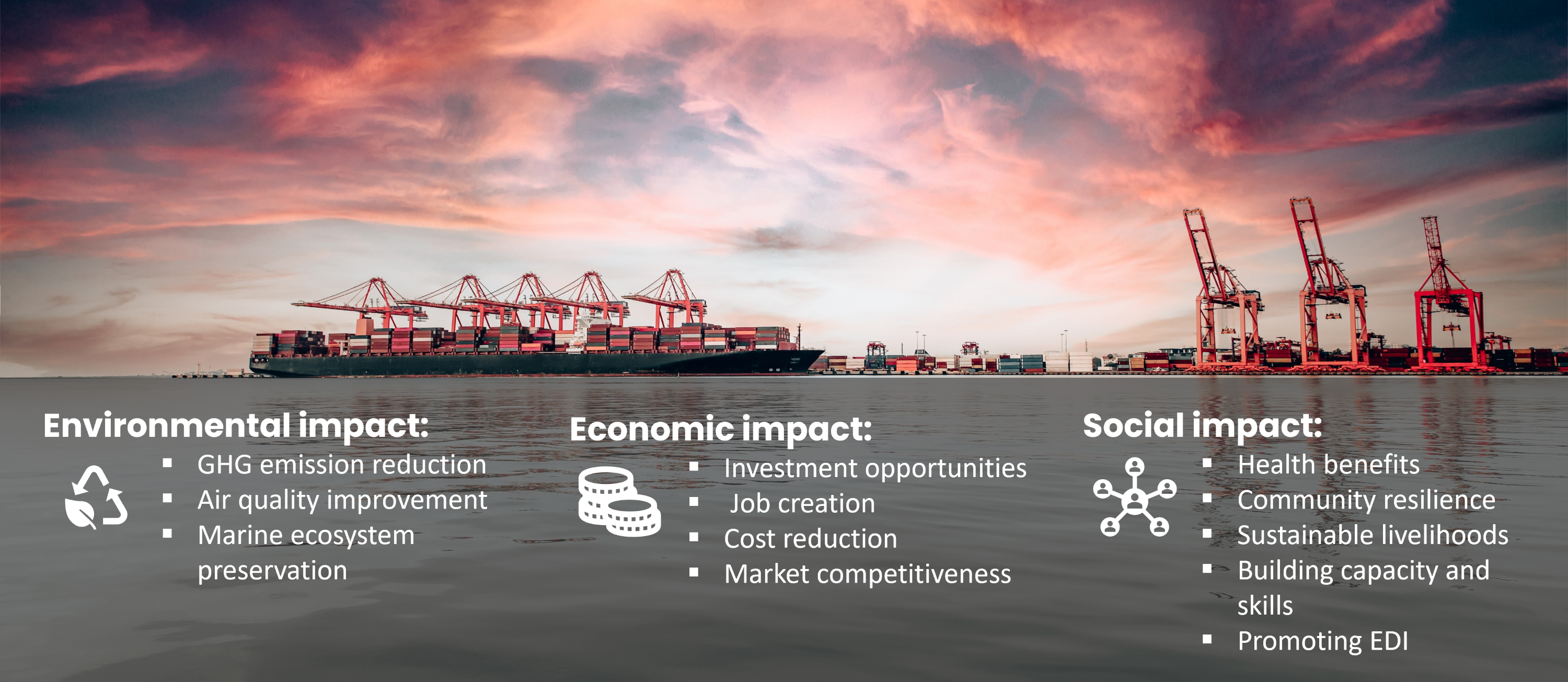Thermal Energy Research Group Projects
See below for some selected projects of the group.
CANMILK
IDRIC
REHIP
Net-Zero Research Network
UK National Clean Maritime Research Hub
![[Thermal Energy Node] - REHIP Header](/media/durham-university/departments-/engineering/REHIP-hedder-V2---Screenshot-2024-10-09-115151.png)
The Research England Hydrogen Innovation Project (REHIP), is a pioneering collaboration between Teesside University and Durham University, aimed at catalysing the decarbonisation and advancement of hydrogen technologies in the Tees Valley. This ambitious four-year, £11 million, initiative leverages the combined strengths of our institutions to drive innovation, research, and capacity building in the region.
In an era where energy costs and environmental concerns dominate the agenda, prioritising the transition to cleaner energy solutions is paramount. While numerous obstacles stand in the way, REHIP is committed to confronting these challenges head-on. Central to REHIP's mission is the development of a just transition to a net-zero economy, a key pillar of the REHIP research strategy.
![[Thermal Engineering Node] Photograph of REHIP group members](/media/durham-university/departments-/engineering/V2-REHIP-group.jpg)
Visit the REHIP website to learn more ⇒

IDRIC works with academia, industry, government and other stakeholders to deliver the multidisciplinary research and

IDRIC has been established as the “one stop shop” for research and innovation in decarbonisation. Its work supports knowledge exchange, regulation, policy and key skills, thus benefitting industry sectors and clusters across the UK.
In summary, IDRIC connects stakeholders, inspires and delivers innovation and maximises impact to help the UK industrial clusters to grow our existing energy intensive industrial sectors, and to attract new, advanced manufacturing industries of the future.
Visit the IDRIC website to learn more ⇒

The challenge of agricultural greenhouse gas emissions is that they are either produced outside in open air or, when produced indoors, diluted in high amount of ventilation air. This makes them technically difficult to tackle. The concentration of methane in the indoor air of a cattle barn is in the range of tens to hundreds of parts per million (ppm). Therefore, neither commercial utilization of methane nor the direct thermal combustion is feasible.
Currently there is no suitable way to treat dilute methane in animal barns. In order to reduce methane emissions quickly and reach the carbon neutrality by 2035, the new technical solutions must be efficient, have high potential for fast commercialization, and have investment and operation costs that are affordable for the farmers. This is the primary target of the CANMILK project.
The ambitious goal of CANMILK is to develop novel technology for methane conversion to CO2 which is less harmful compound with 28 times lower global warming potential than methane. Non-thermal plasma, a.k.a cold plasma, is today in everyday consumer use for example in fluorescent lamps and in ozone generators. The CANMILK project converts this technology to an innovative high-tech and low-cost solution to fight against ppm level methane emissions.
![[Thermal Energy Node] CANMILK – ‘Concept challenge’ is a graphical illustration, split into three rows and three columns. The first row identifies: Challenge, as CH4, Technical solutions as CH4 Adsorber (work package 3), Plasma (work package 2), CH4 to CO2 Catalyst (Work Package 3) Outcomes as reduced CH4 emissions (work package 4) and reduced carbon footprint (Work Package 5)](/media/durham-university/departments-/engineering/Concept_challenge.png)
![[Thermal Energy Node] Net Zero Research Network logo](/media/durham-university/departments-/engineering/Net-Zero-Research-Network-(without-red-text).png)
The Net-Zero Research and Innovation Network aims to bring together the researchers, innovators, policymakers and enablers who will unlock the opportunity of transitioning to a Net-Zero future.
The Network will host dozens of conferences, events, workshops and online webinars to support the wider dissemination of UKRI (United Kingdom Research and Innovation) funded projects and to maximise their impact. Additionally, the Network team will facilitate joint academic and industrial secondments.

The Network team develop technical roadmaps to define the current state-of-the-art and the potential for arising technologies. These roadmaps are used to support the development of calls for research funded through EPSRC Network+.
Visit the Net-Zero Research Network website to learn more ⇒

“Our vision is to go beyond conventional marine engineering and naval architecture to create a pioneering research hub, providing technically, environmentally, socially and economically informed pathways to decarbonise the maritime sector.”
![]()
“The Hub will harness the depth, breadth and diversity of research being undertaken in the UK to foster collaboration, drive forward innovation and transformation, setting a global benchmark for excellence”.
![]()
Led by Durham University, we are a collaboration of 13 universities including Aston, Birmingham, Brighton, City University London, Cranfield, Liverpool, Newcastle, Sheffield, Solent Southampton, St Andrews and Ulster.
Leading Researchand Innovation |
FosteringCollaboration |
DrivingTransformation |
|---|---|---|
| We are taking research to new depths. Pioneering exploration into zero-emission fuels and their safe use, advanced power and propulsion systems, infrastructure and operational considerations, digitalisation and green finance opportunities and, new vessel designs for efficiency. With unwavering commitment, we strive to revolutionise the maritime industry by spearheading progress in sustainable practices. | We are a collaborative ecosystem of expertise. We invite the right thinkers to the table to thoroughly understand the challenges and explore solutions. We bridge the worlds of academia, business, civic bodies and government in order to share knowledge and develop briefs that inform policy. | We are the driving force behind a cleaner future for the UK maritime sector. Our commitment extends beyond borders, as we accelerate the UK’s position as a global leader, pushing towards and setting more progressive benchmarks on the world stage. |
Our research will focus on 5 key themes
- Advances in scale up of marine fuels, and their safe use
- New and efficient low-carbon power and propulsion systems
- Decarbonised energy systems, ports and infrastructure
- Reduced energy demand through advanced vessel design and increased efficiency
- Advances in maritime operations, exploitation of digitalisation and green finance

Website coming soon


/prod01/prodbucket01/media/durham-university/departments-/engineering/IDRIC-Logo-Black-1011X665.png)
![[Thermal Engineering Node] REHIP colours over factory](https://pxl-duracuk.terminalfour.net/fit-in/800x600/filters:format(webp)/prod01/prodbucket01/media/durham-university/departments-/engineering/REHIP-colours-over-stock-image-of-factory-.png)
![[Thermal Energy Node] UKNCMRH Logo over Dock and Ship](https://pxl-duracuk.terminalfour.net/fit-in/800x600/filters:format(webp)/prod01/prodbucket01/media/durham-university/departments-/engineering/V2Picture3.png)